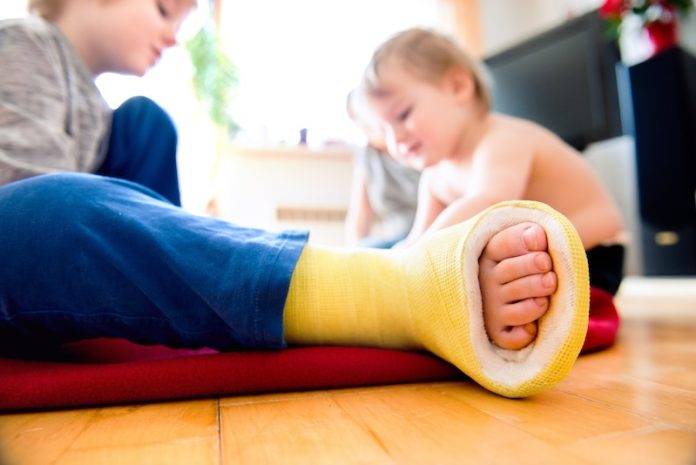
A recent study by the University at Buffalo reveals a concerning finding: children taking psychostimulant drugs for ADHD and other psychiatric disorders experience slower bone healing after common fractures compared to their peers not on these medications.
The Impact of ADHD Medication on Bone Healing
ADHD is the most prevalent psychiatric disorder among children, with around 5.6 million children in the U.S. diagnosed.
Common medications like Ritalin (methylphenidate) and Adderall (mixed amphetamine salts) are the standard treatments. However, this study suggests these drugs could significantly affect bone health.
Researchers conducted a retrospective review over a decade, focusing on 62 children aged 6 to 18 who were on ADHD medication and had experienced a distal radius fracture – a common injury in childhood.
They found that these children showed about 20% reduced bone healing compared to 126 matched controls who weren’t on these drugs.
Key Findings and Implications
Children on ADHD medication exhibited significantly reduced bone healing after a distal fracture.
The longer the duration of medication use, the more pronounced the reduction in bone density, with up to 52% less density observed in some cases.
This slow healing persisted even after five years of treatment.
This discovery raises crucial considerations for orthopedic doctors. It suggests the need for increased healing time for fractures in children on ADHD medication and highlights the importance of discussing medication history during treatment planning.
Alarmingly, the study also touches on the illicit use of these medications among children and young adults, often for cognitive enhancement. This misuse could unknowingly expose them to risks related to bone health and recovery.
Future Research Directions
The study raises questions that warrant further investigation:
- Does this delayed healing continue after stopping the medication?
- Are there long-term effects on bone density into adulthood?
- Why are females more significantly affected?
Understanding the cellular mechanisms by which these drugs impact bone healing is crucial. The study suggests a link to changes in osteoclast activity, vital for bone remodeling and fracture repair.
Conclusion
This study sheds light on an unexpected side effect of common ADHD medications, emphasizing the need for a comprehensive approach to patient care.
Orthopedic surgeons are encouraged to consider these findings, especially when planning elective surgeries, and to optimize bone health pre-operatively for patients on ADHD medication.
This research not only aids in better healthcare planning but also in educating patients and families about the potential risks associated with these medications.
If you care about mental health, please read studies about Cannabis use disorder linked to increased risk of these mental diseases and findings of Some mental health drugs can cause rapid weight gain.
For more information about mental health, please see recent studies about how dairy foods may influence depression risk, and results showing Omega-3 fats may help reduce depression.
The research findings can be found in the Journal of Pediatric Orthopaedics B.
Copyright © 2023 Knowridge Science Report. All rights reserved.



